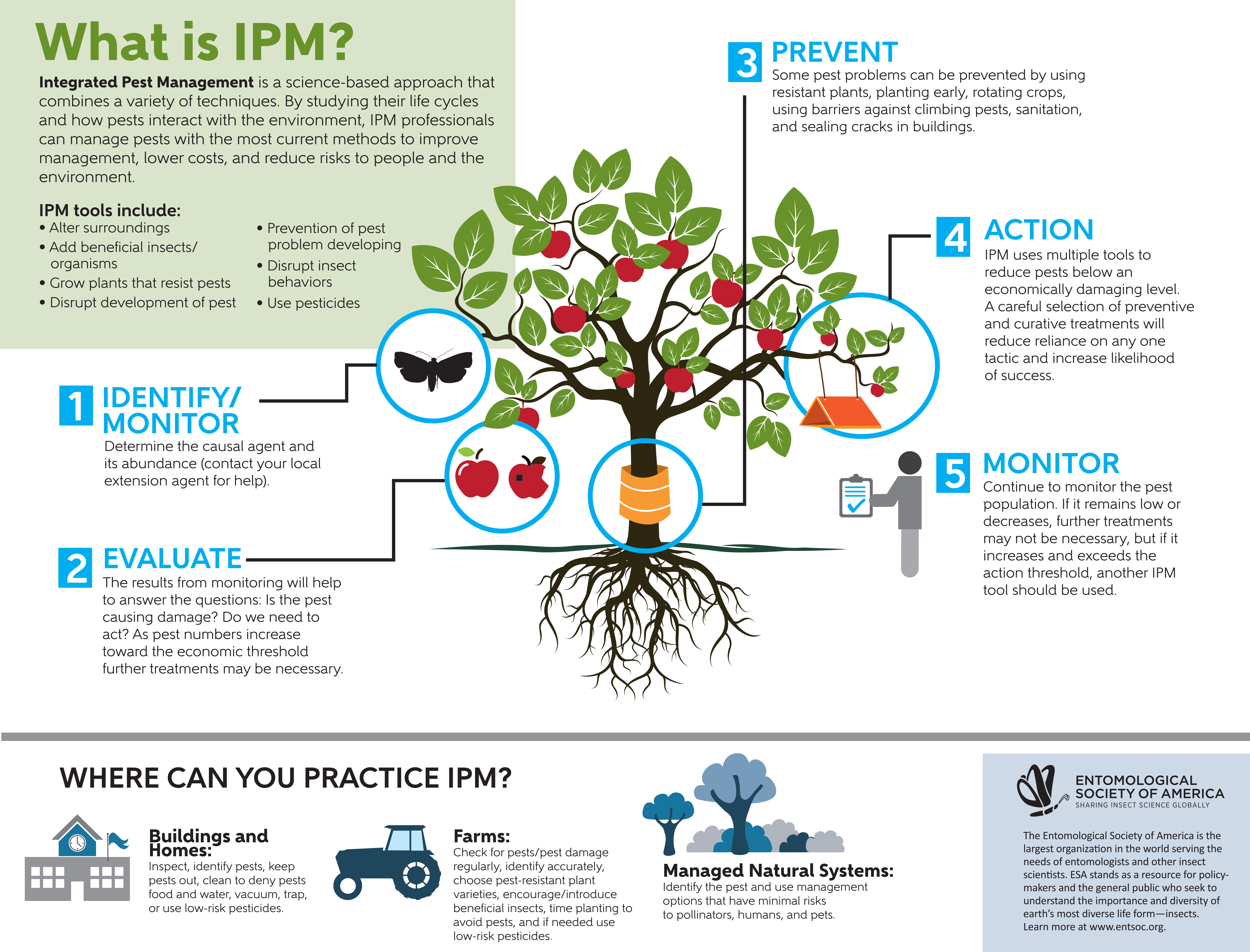Shield Your Garden From Pests: Recommendations For Keeping Undesirable Intruders Away
Shield Your Garden From Pests: Recommendations For Keeping Undesirable Intruders Away
Blog Article
Posted By-Lauritsen Hartvig
Imagine your garden as a sanctuary, an area of harmony and beauty. However, the existence of exterior pests can swiftly interrupt this picturesque photo. What if there were easy yet effective ways to keep these undesirable visitors at bay and shield your yard oasis? By adhering to a couple of practical pointers and executing all-natural techniques, you can develop an unified outdoor room where your plants can grow undisturbed.
Natural Bug Deterrents
To maintain parasites far from your garden normally, plant fragrant herbs like mint and lavender. These fragrant plants not just include beauty to your garden however additionally serve as effective pest deterrents. Bugs like mosquitoes, flies, and even some garden-damaging insects are driven away by the solid aromas discharged by these herbs. Merely putting them purposefully around your yard can assist create an all-natural barrier versus undesirable pests.
Along with mint and lavender, consider growing various other natural herbs like rosemary, basil, and lemongrass to additionally boost your garden's pest-proofing abilities. These herbs not only serve as all-natural repellents yet likewise have the included advantage of serving in food preparation or crafting homemade treatments.
Strategic Plant Placement
Think about the design of your yard and the sorts of plants you have to strategically place them for maximum pest-proofing efficiency.
Begin by grouping plants with comparable resistance to parasites together. By doing this, you can develop a natural obstacle that deters bugs from spreading throughout your yard.
In addition, positioning pest-repelling plants like marigolds, lavender, or mint near more prone plants can assist shield them. High plants, such as sunflowers or corn, can work as a shield for shorter plants versus bugs like rabbits or ground-dwelling bugs.
Remember to leave adequate area in between plants to improve air circulation and minimize the risk of diseases that pests may carry.
Furthermore, consider planting strong-smelling natural herbs like rosemary or basil near vulnerable plants to confuse insects' senses and make it harder for them to find their targets.
Reliable Insect Control Approaches
For combating yard parasites successfully, carrying out a multi-faceted parasite control strategy is crucial. Beginning by encouraging natural predators like birds, ladybugs, and praying mantises to aid maintain parasite populations in check. Introducing plants that draw in these beneficial insects can assist in parasite control. Furthermore, exercising just click the up coming web site by eliminating particles and weeds where insects may hide can make your yard much less friendly to unwanted site visitors.
Take into Learn Even more Here making use of physical obstacles such as row cover fabrics or netting to secure prone plants from bugs like caterpillars and birds. Applying natural pesticides like neem oil or insecticidal soap can also work against particular pests while being less damaging to valuable bugs and the atmosphere. It's critical to revolve your plants each season to avoid the buildup of bug populaces that target certain plants.
On a regular basis inspect your plants for indications of insect damage so you can do something about it promptly. By combining these techniques and remaining cautious, you can properly regulate yard parasites and delight in a successful, pest-free yard.
Final thought
So, there you have it - with the ideal techniques, you can maintain pesky outdoor parasites away from your garden and help your plants thrive.
Did you recognize that growing mint has been shown to repel mosquitoes and various other insects, reducing the requirement for dangerous chemicals by as much as 60%?
By integrating all-natural deterrents and wise planting methods, you can create a gorgeous and pest-resistant garden sanctuary for you to take pleasure in.
